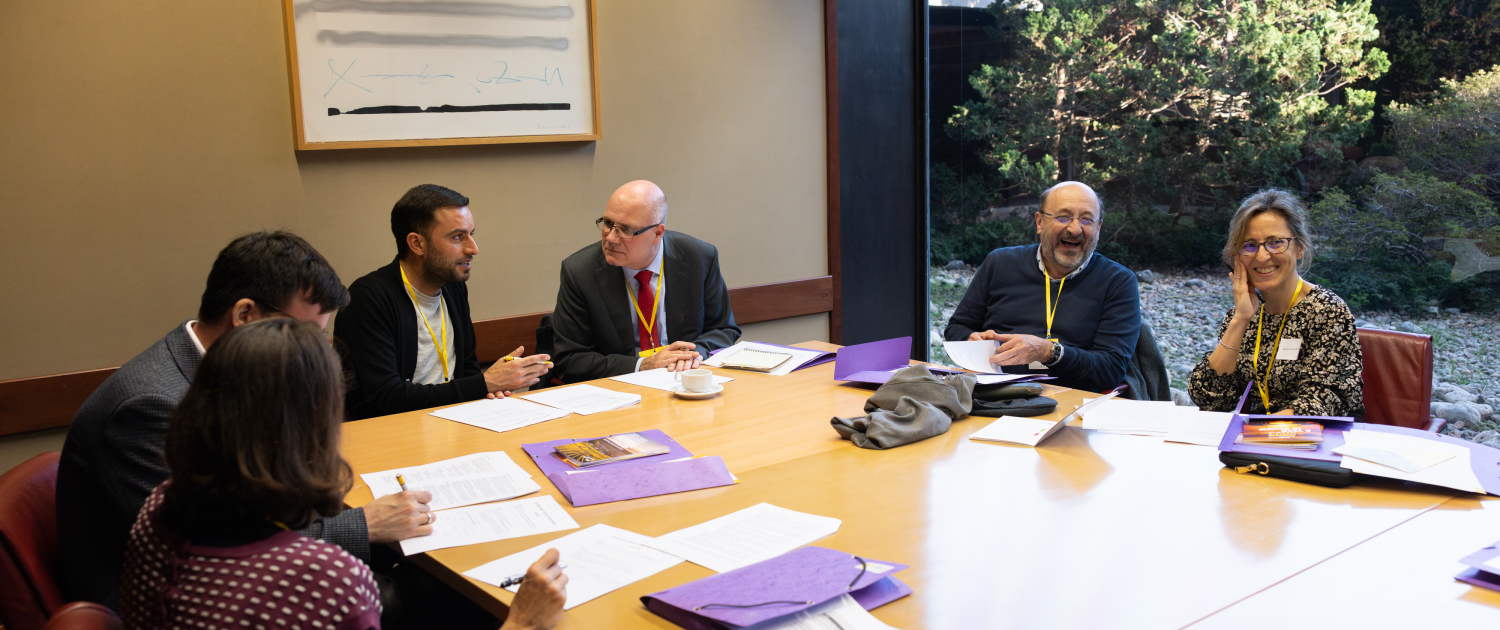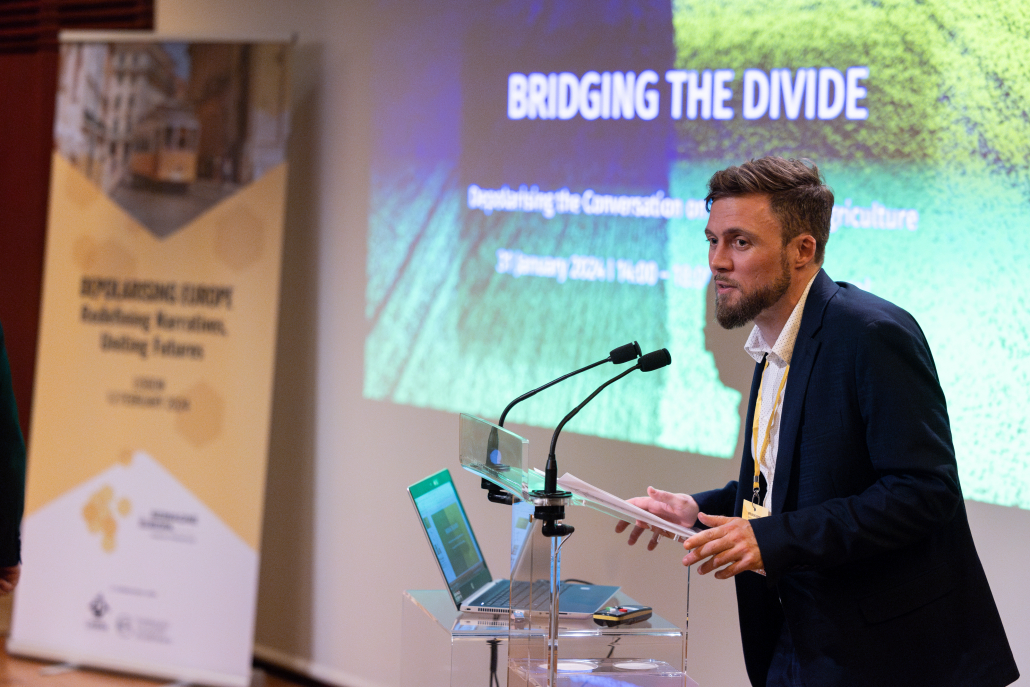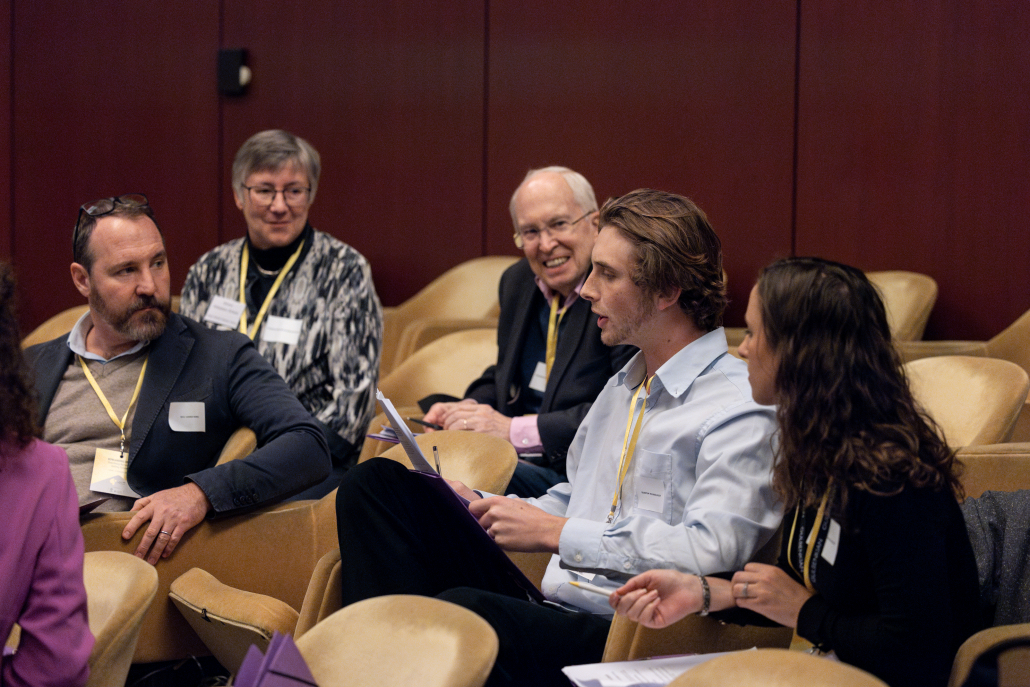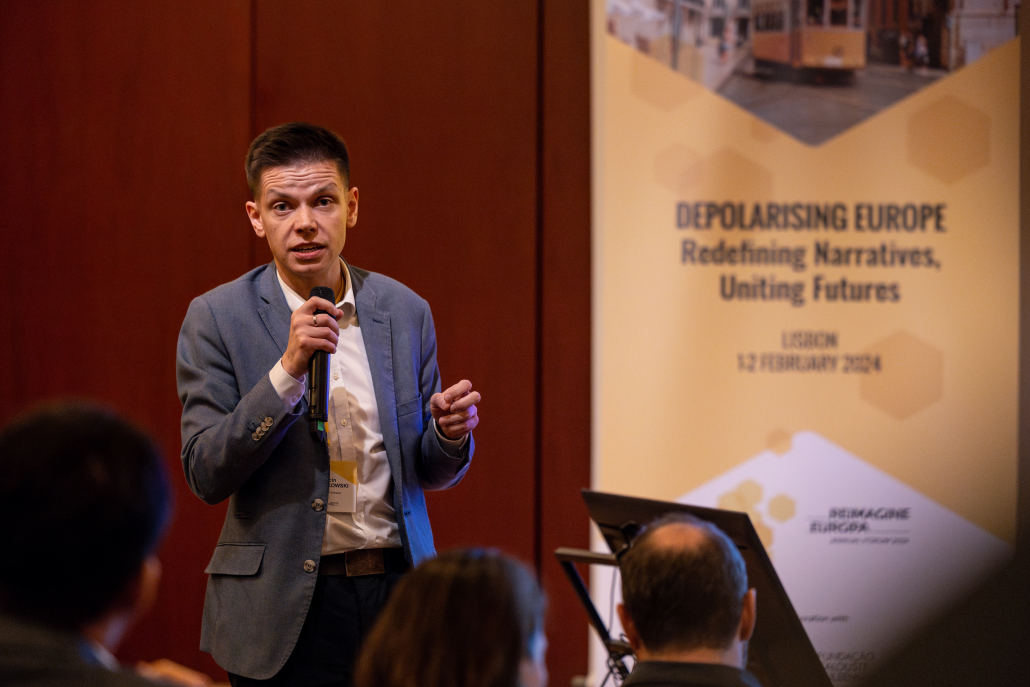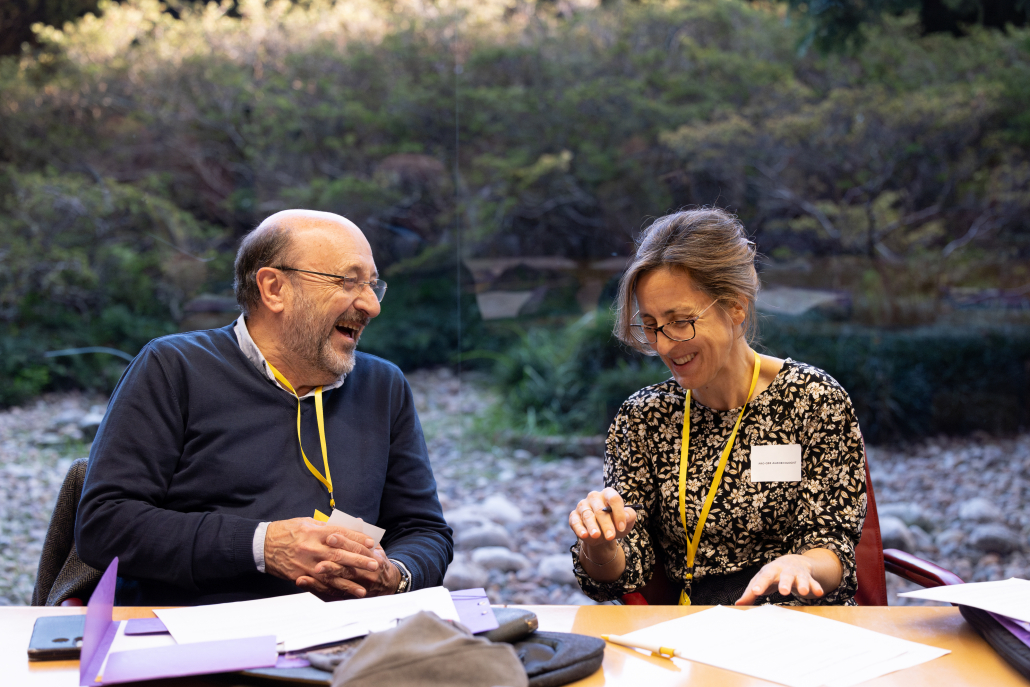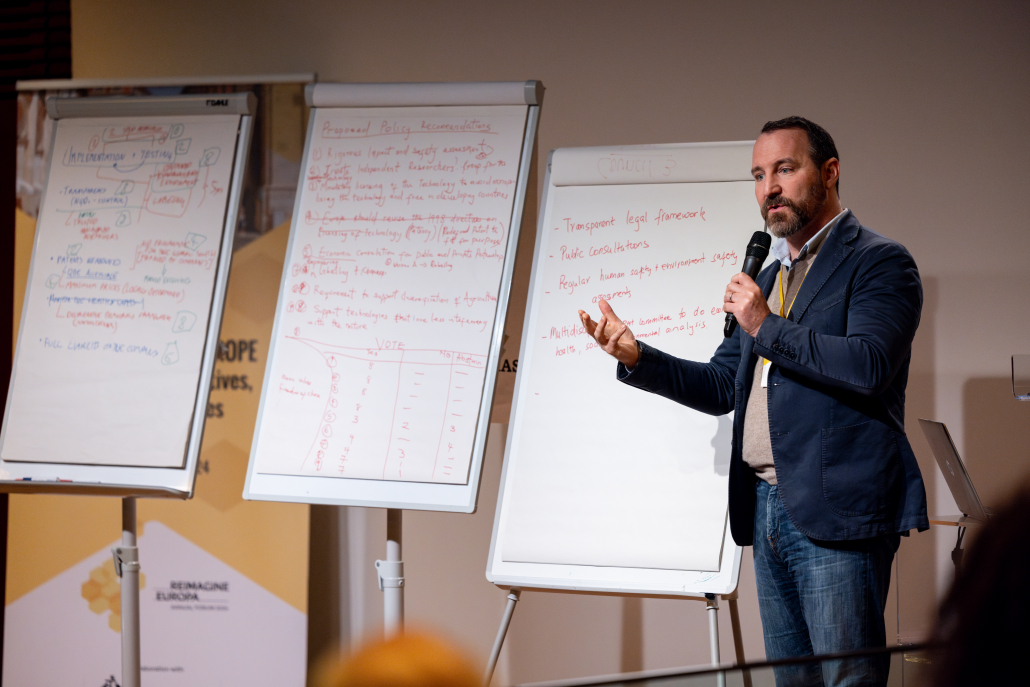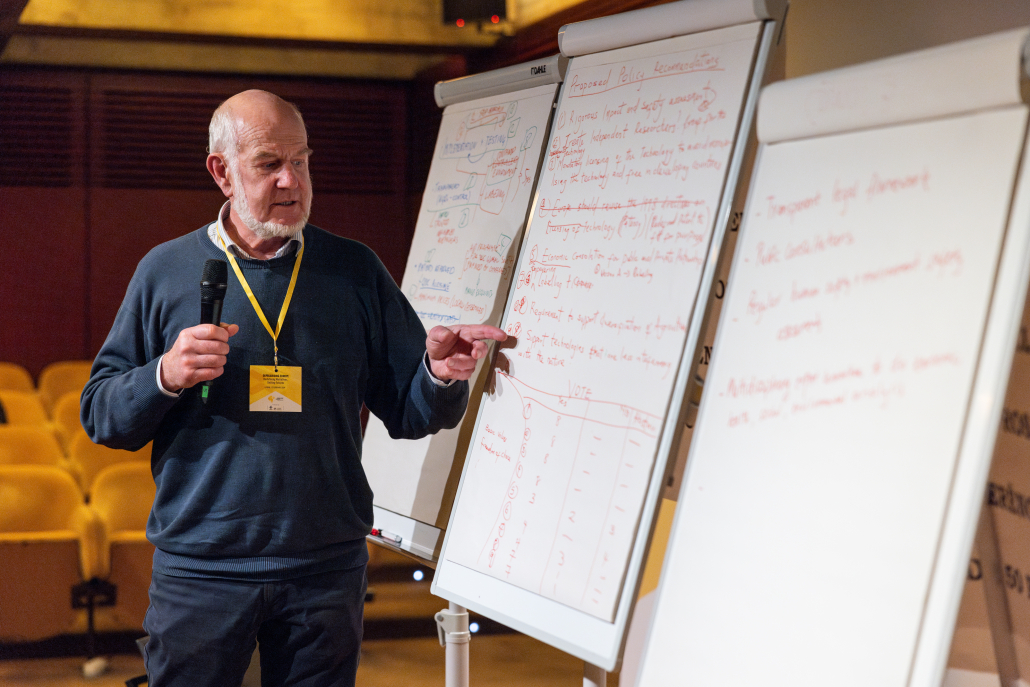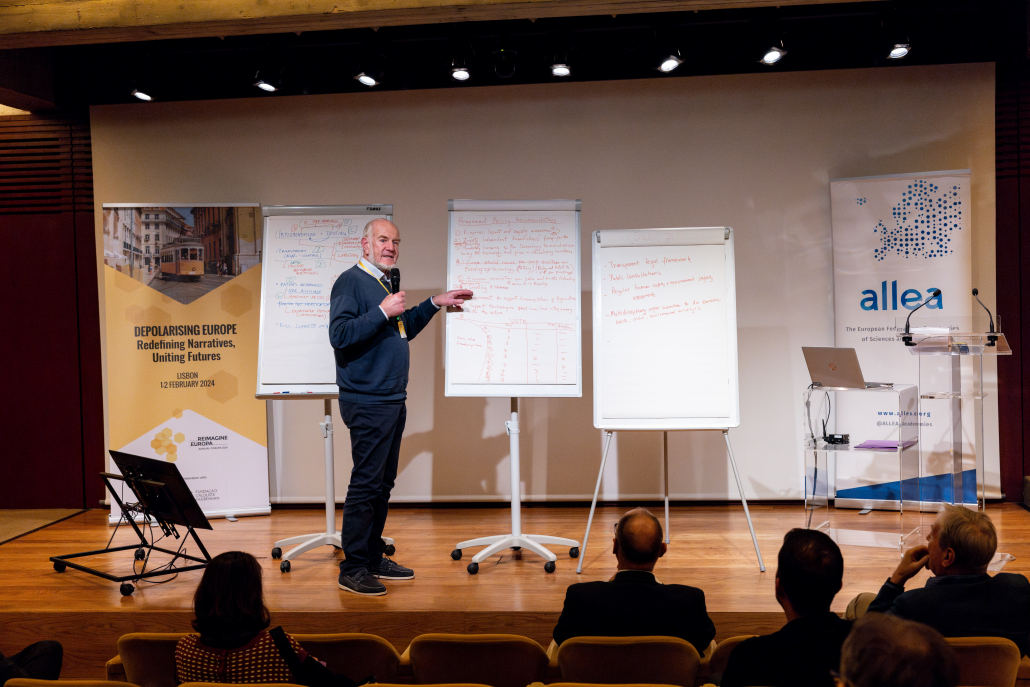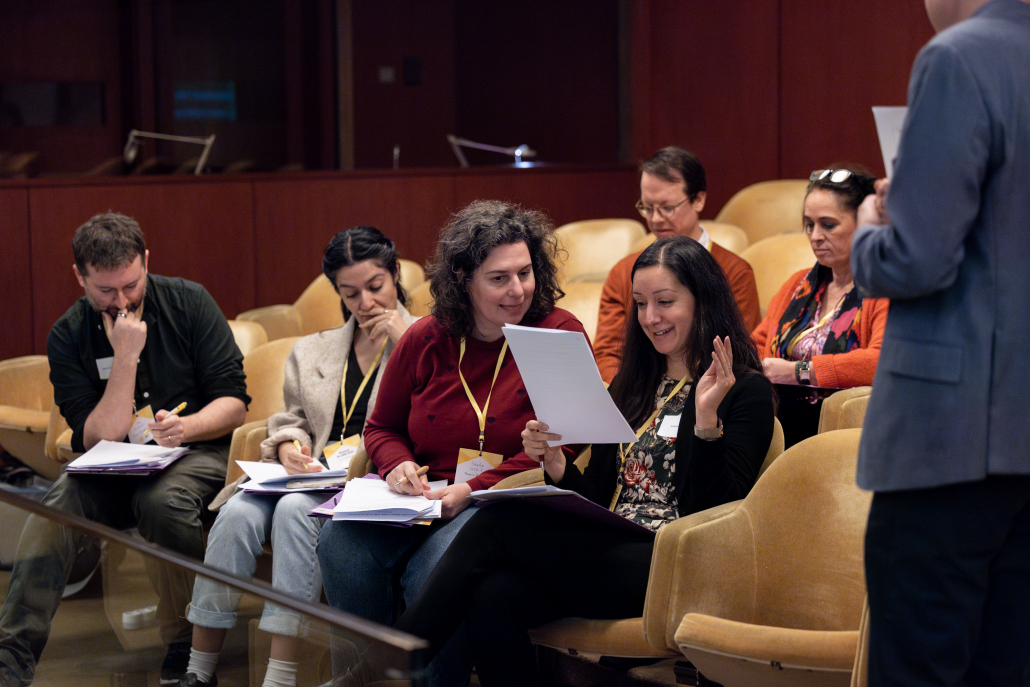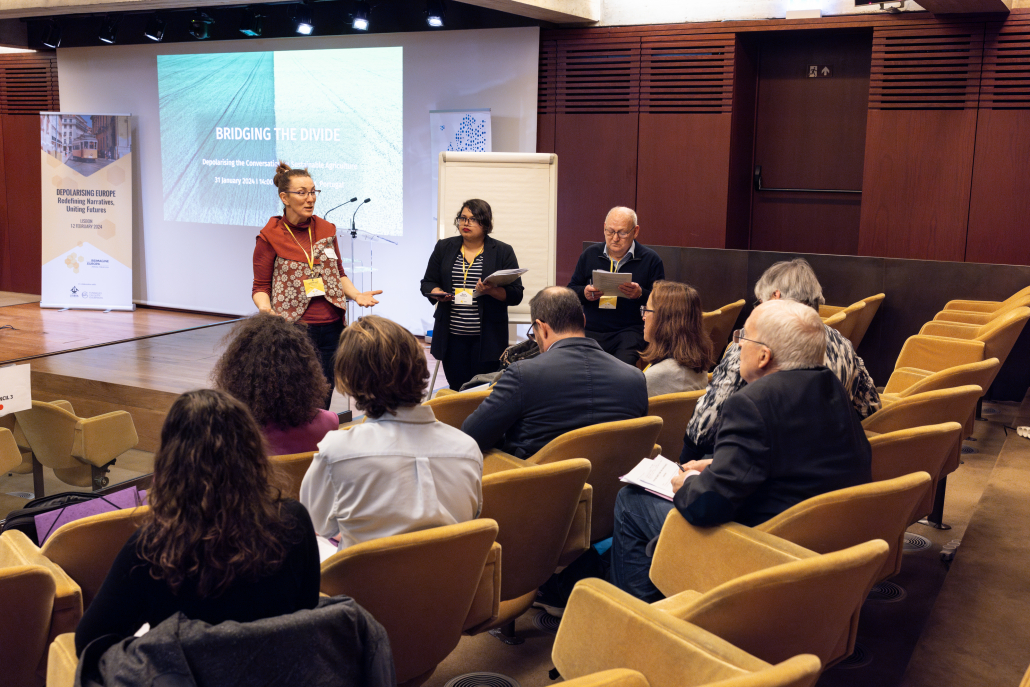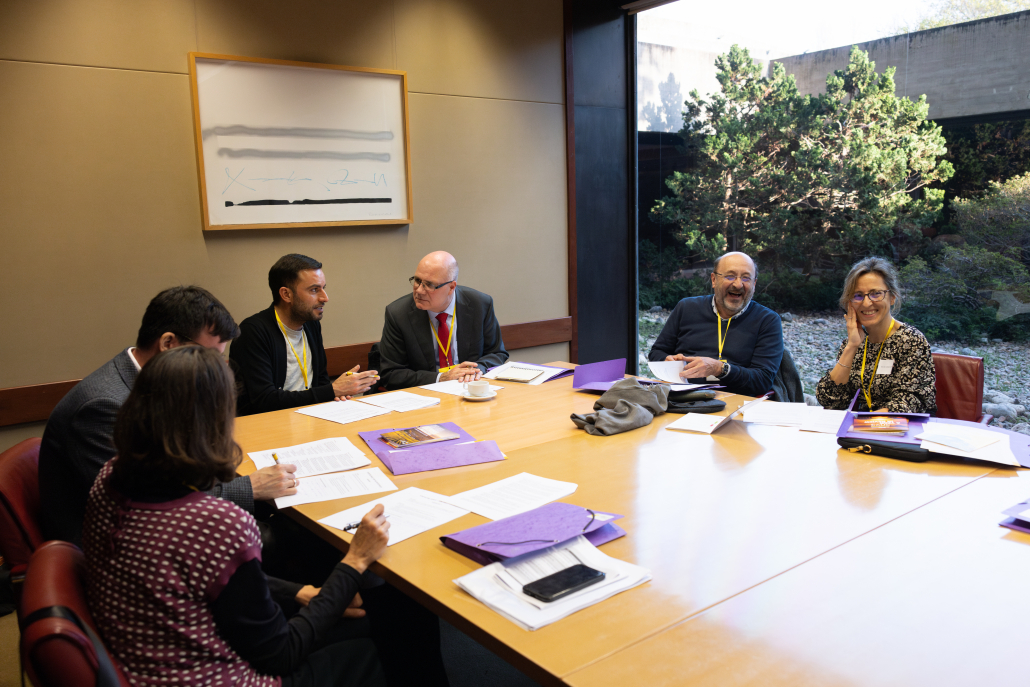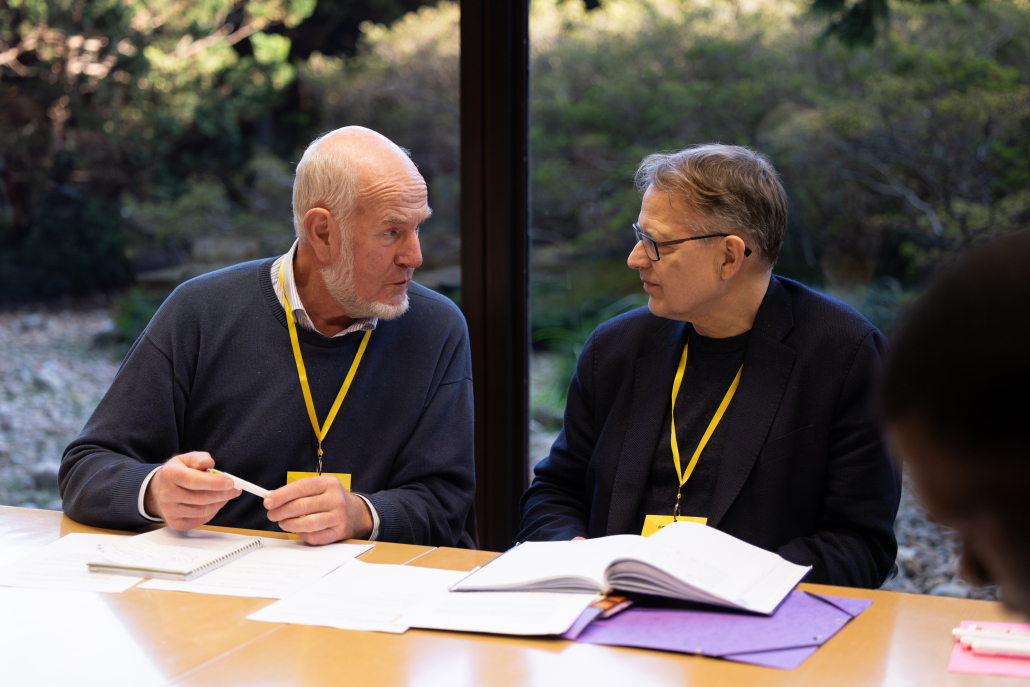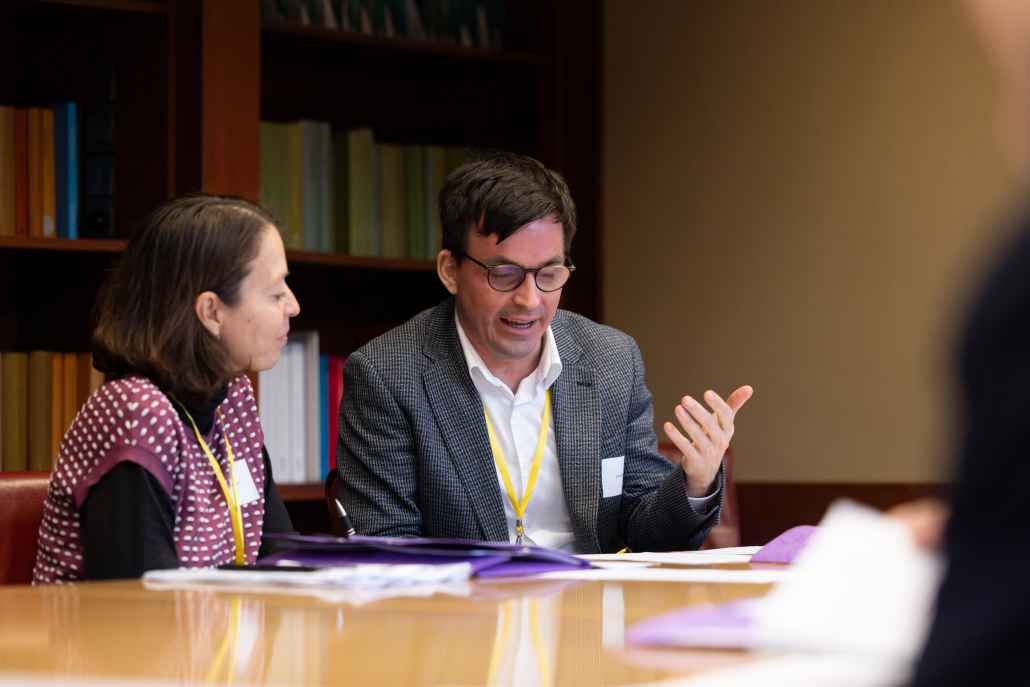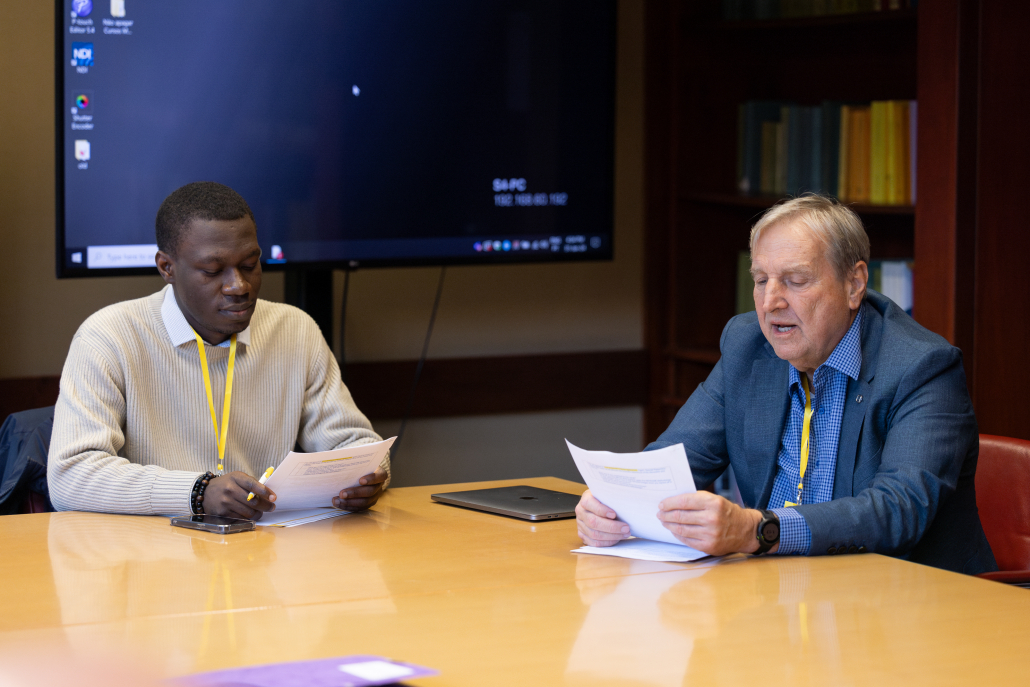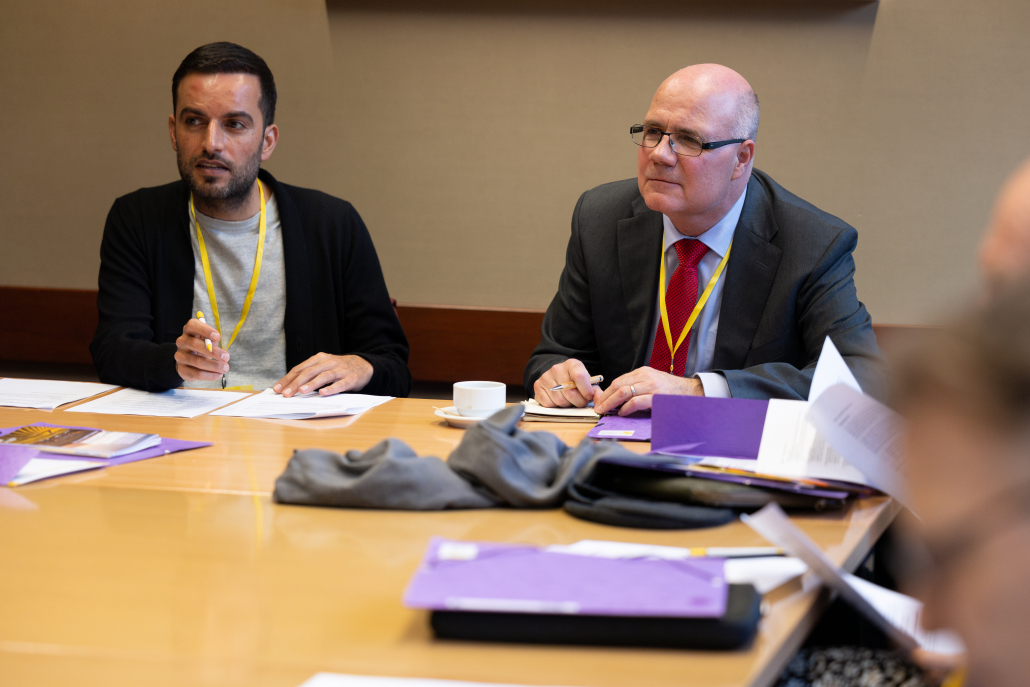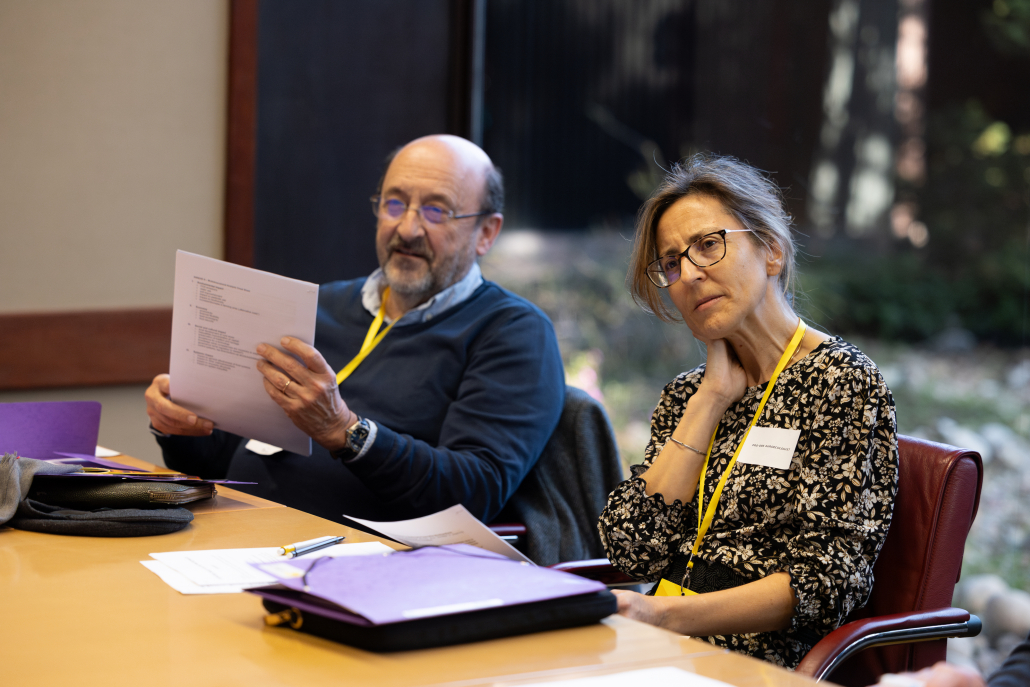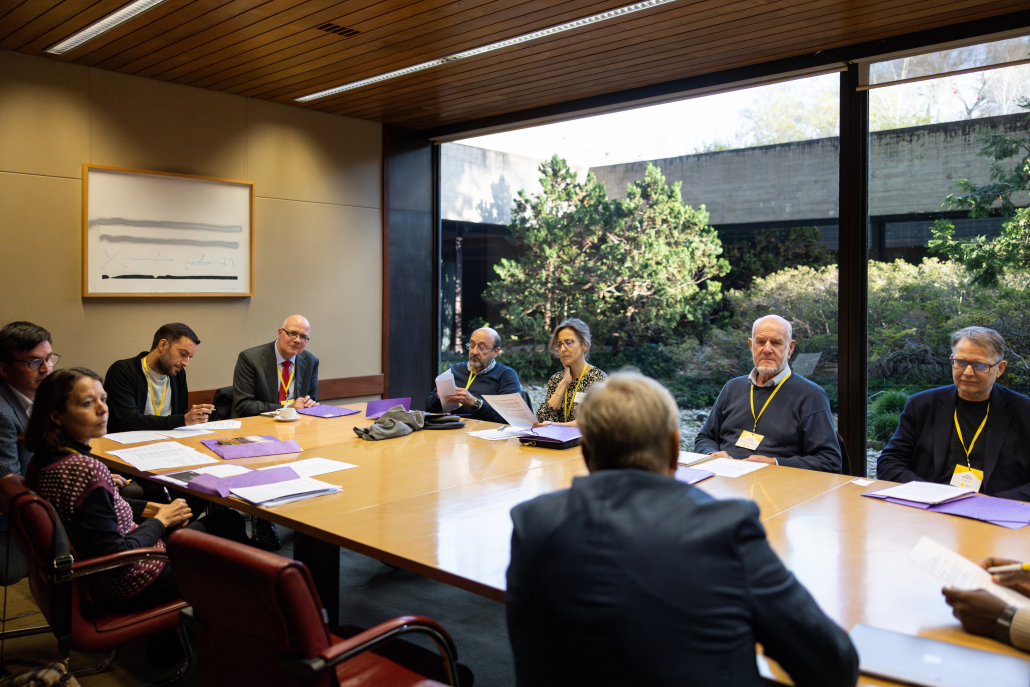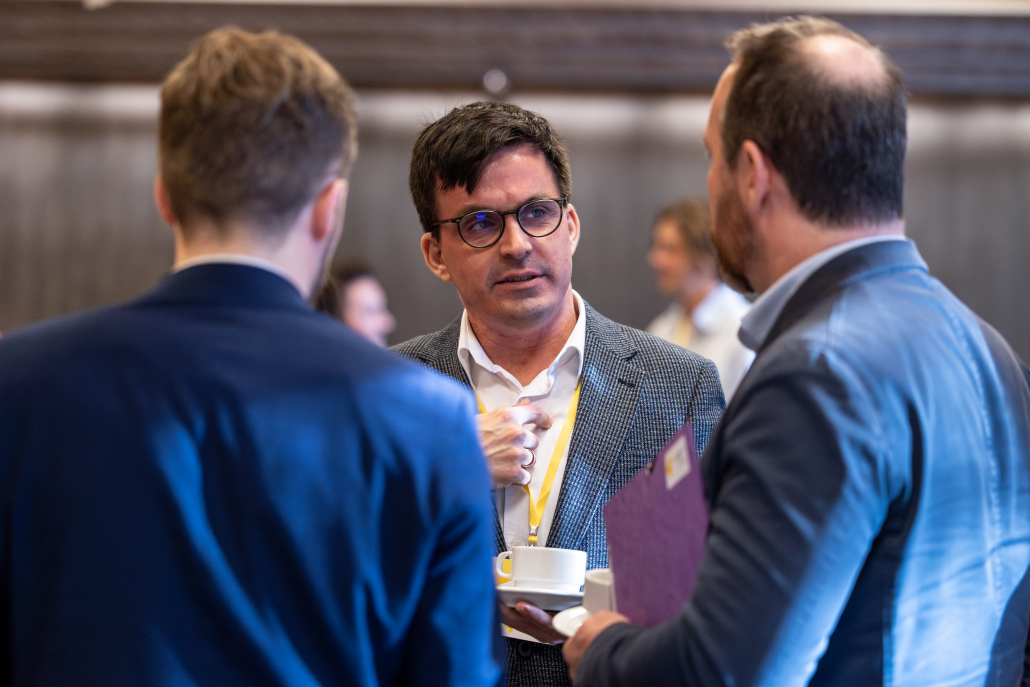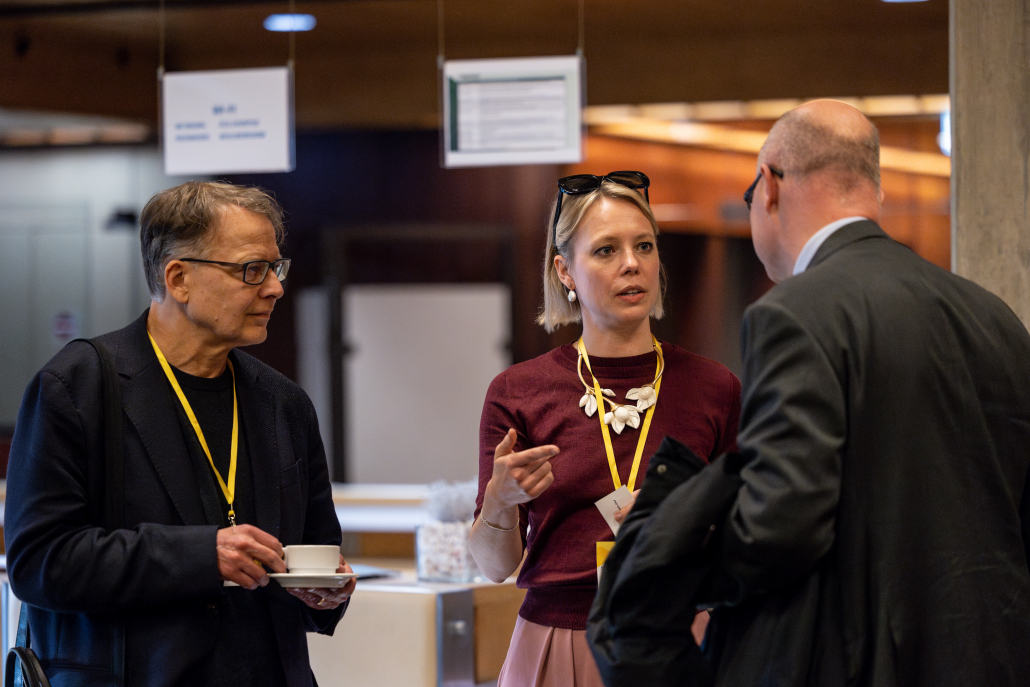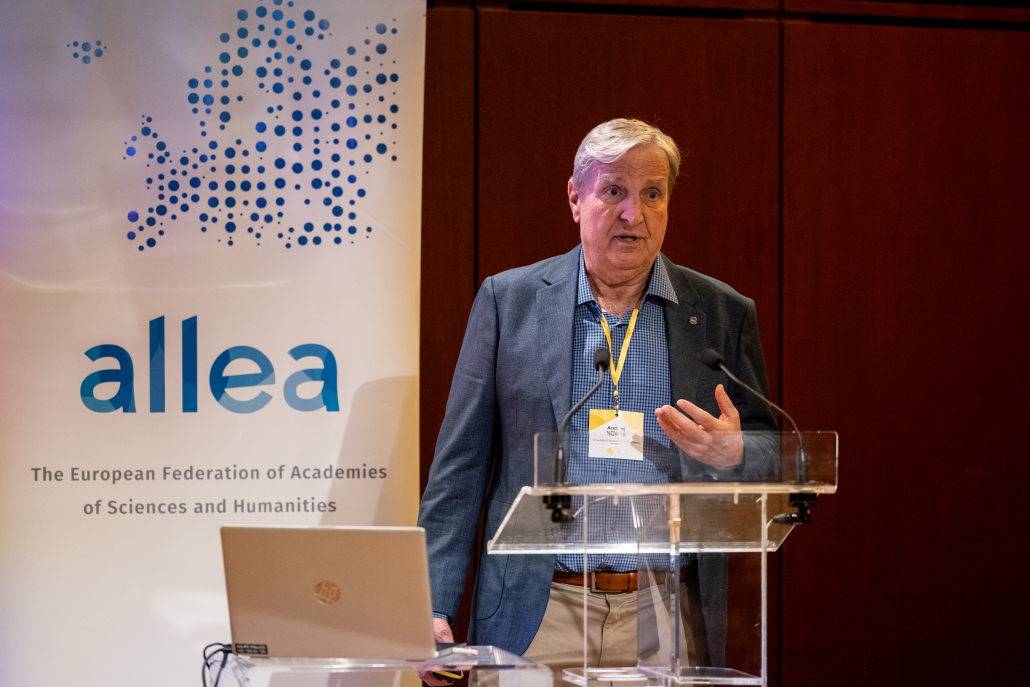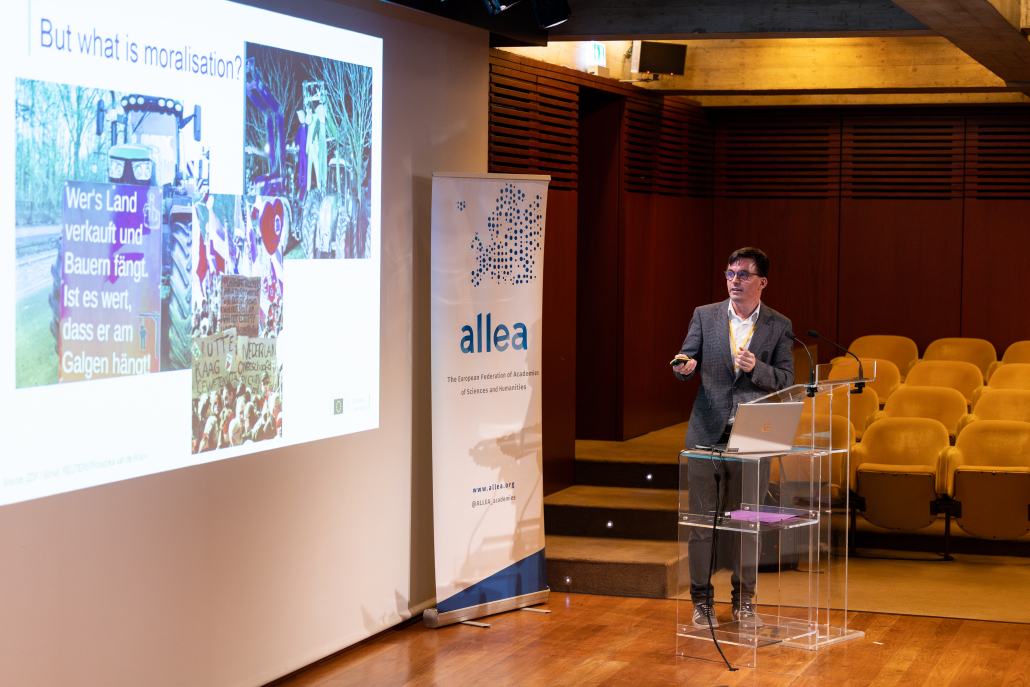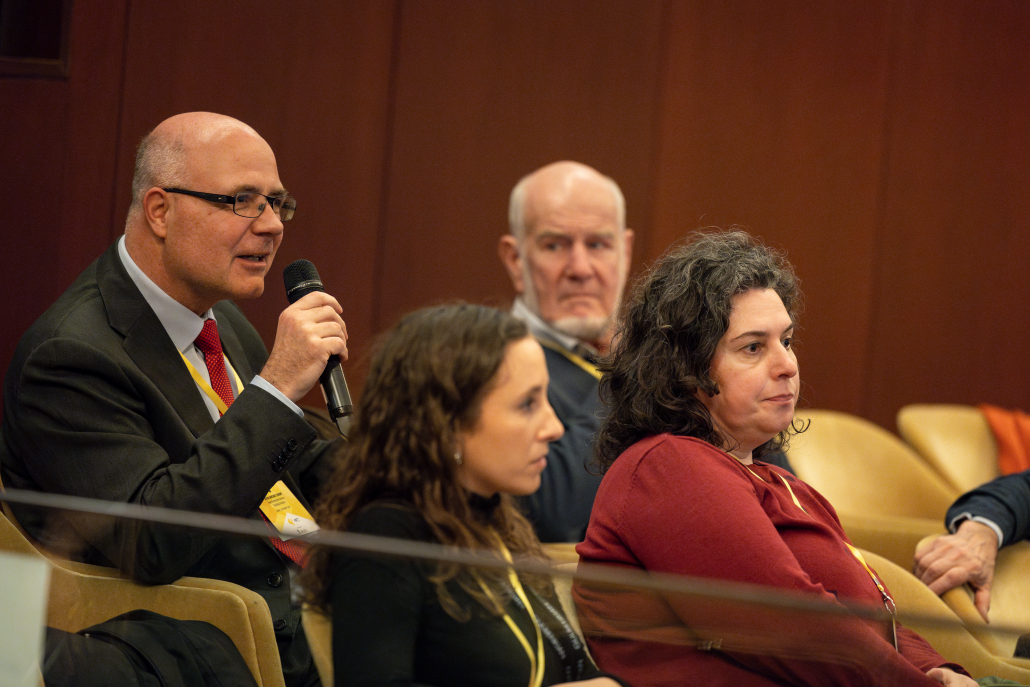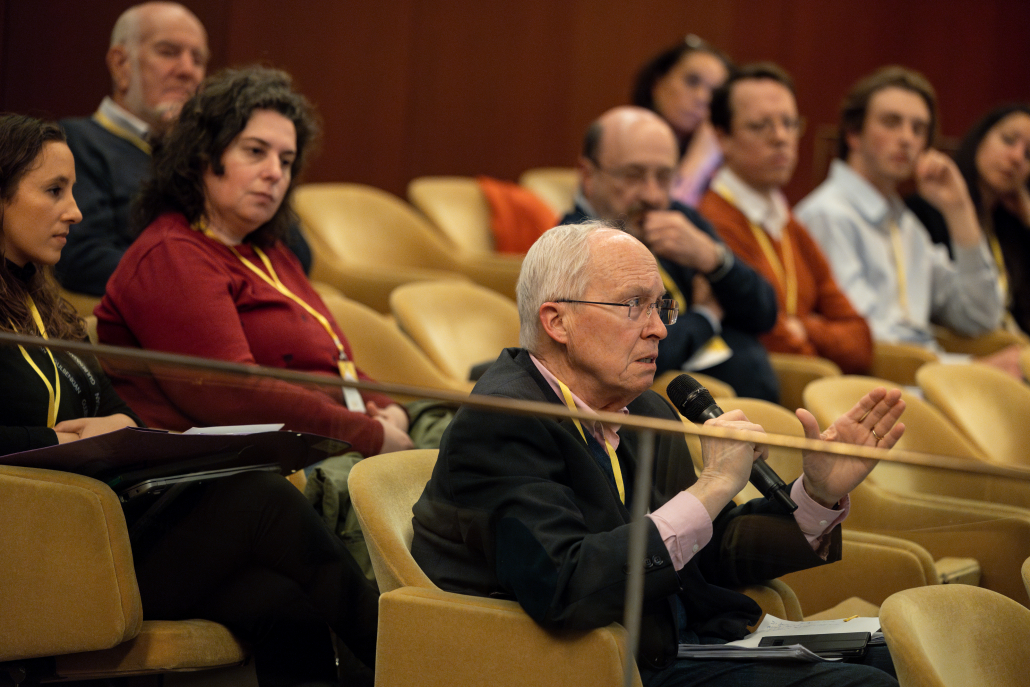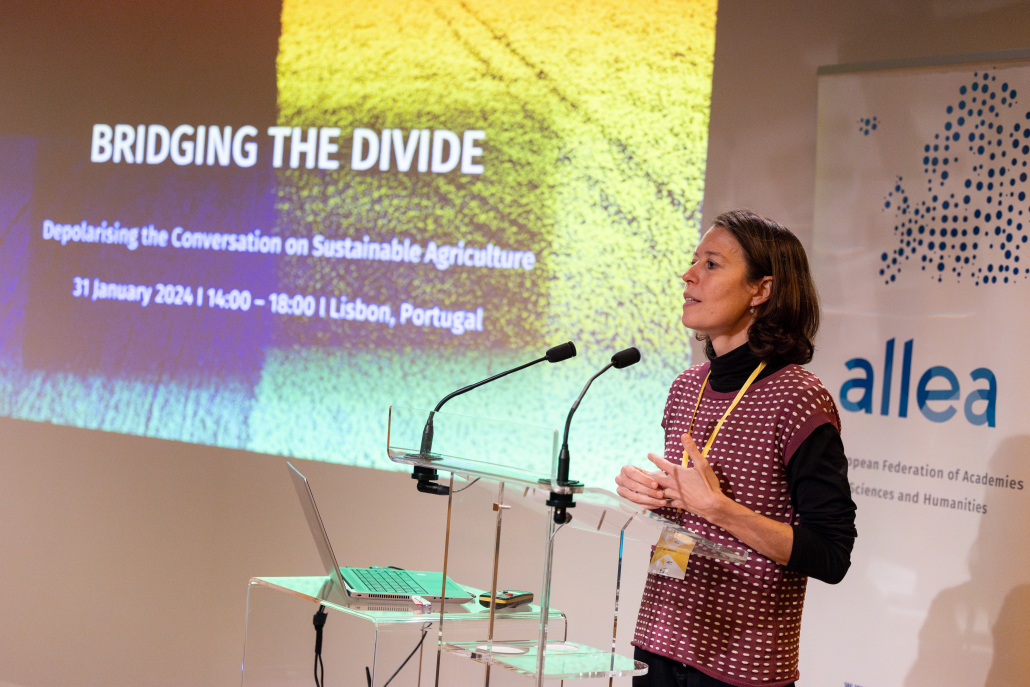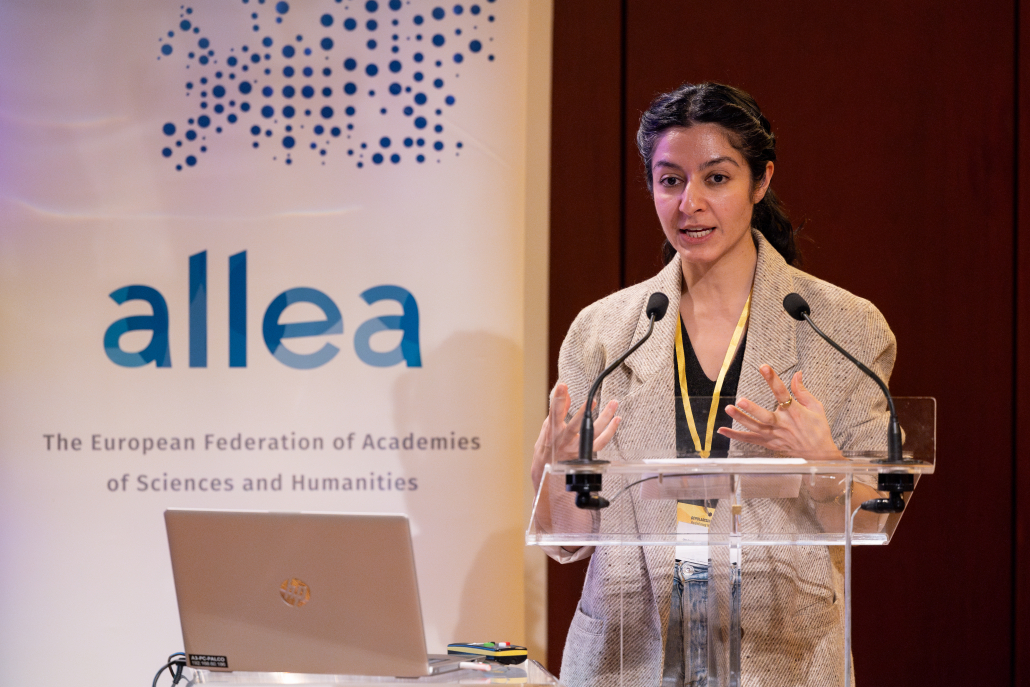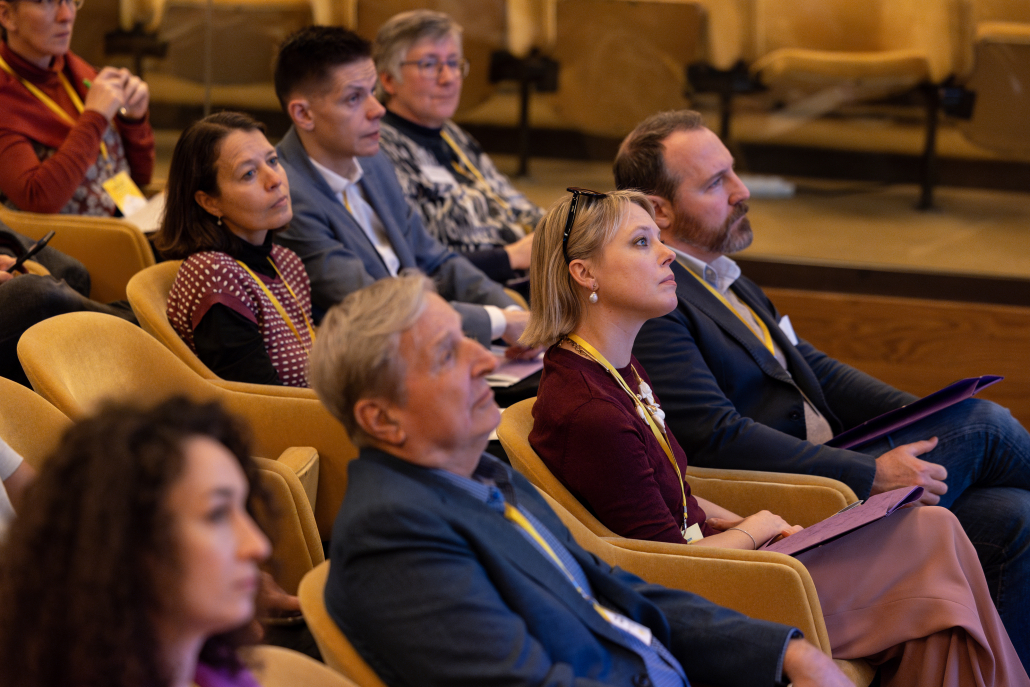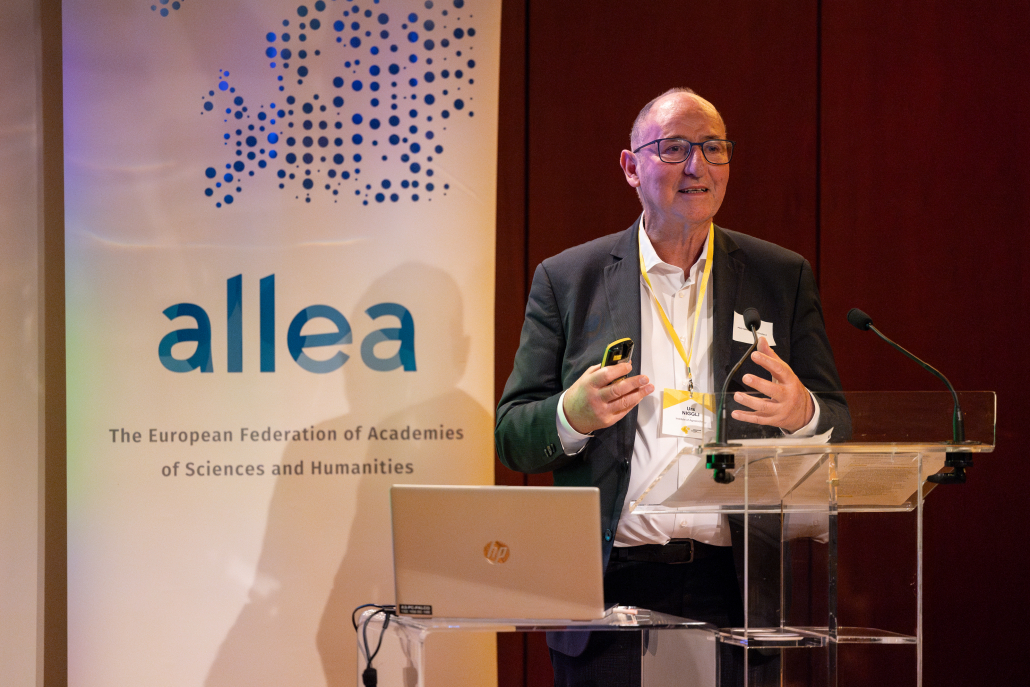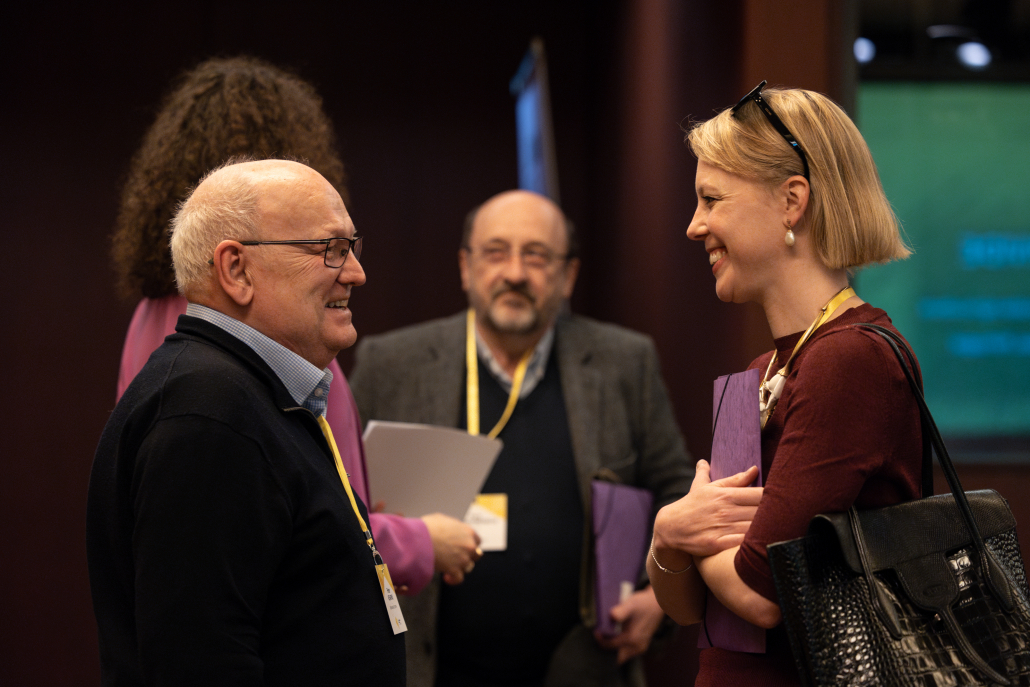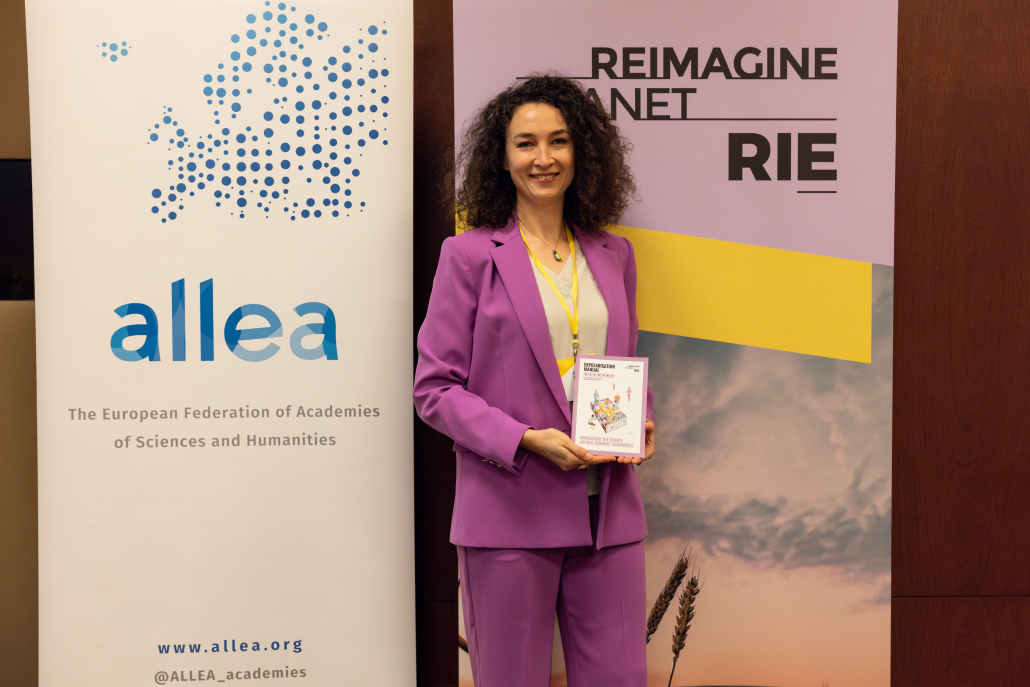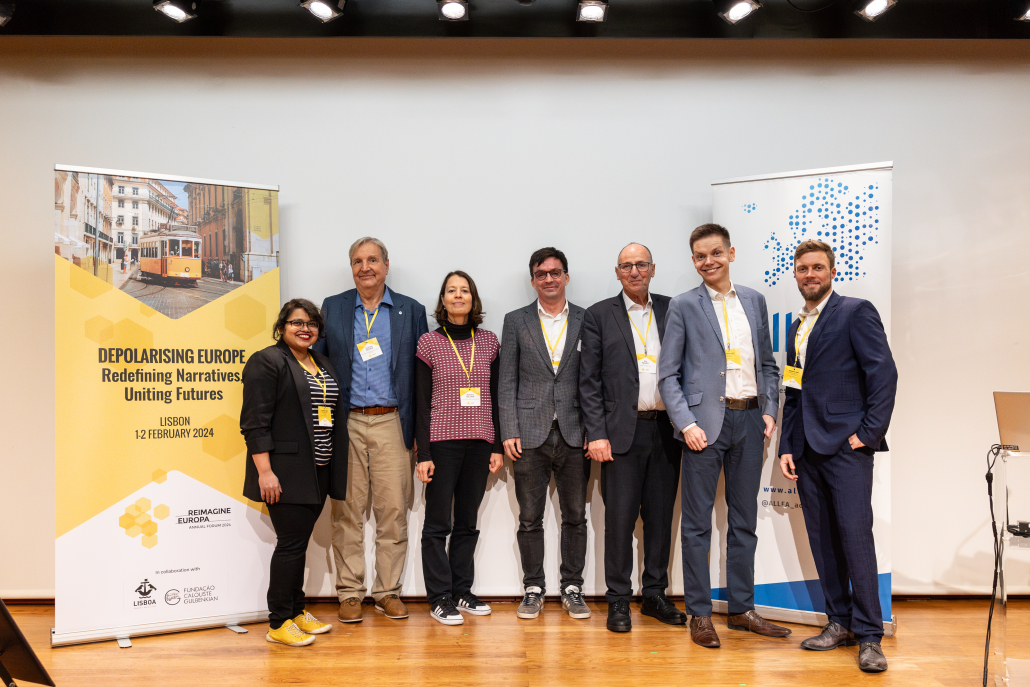ALLEA Holds Workshop to Depolarise the Debate on Sustainable Agriculture
On 31 January, ALLEA and Re-Imagine Europa (RIE), its partner in the Task Force on Sustainable Food Systems and Innovation, jointly organised an invite-only workshop to discuss the increasingly polarised nature of the current debates on need for, and transition to, sustainable food systems in Europe.
Entitled ‘Bridging the Divide: Depolarising the Conversation on Sustainable Agriculture’, the workshop, held in Lisbon (Portugal), brought together a diverse range of stakeholders, including scientists, in both the natural and social sciences, policymakers, industry players, NGOs, and consumer advocates, from across the ideological spectrum to address important questions on how to enable constructive conversations in the face of conflicting ideas on what constitutes economically, ecologically, and politically sustainable food systems.
The programme included presentations by renowned experts, which were livestreamed; this was followed by a TableTop simulation exercise, conducted under Chatham House Rule, which involved participants applying RIE’s recently developed Depolarisation Manual to address the divisive issue of the use of new genomic techniques (NGTs) to innovate farming in Europe.
“It was an interesting exercise, but of course it was a simulation and real life is a bit more complex. But it shows that if we go to the root of the problems and identify the shared values we are defending, then we can find agreement.”
– Pere Puigdomènech, ALLEA Board Member
Highlights from the workshop are presented below. A more detailed report of the proceedings will be published in the second half of 2024.
The current state of the debate on sustainable agriculture
Following a short welcome address by Daniel Kaiser (ALLEA Secretariat), Professor Urs Niggli, President of the Institute for Agroecology (agroecology.science), opened the workshop with an overview of modern breeding methods, as well as the current issues and controversies in the field of sustainable agriculture, with a particular focus on the false dichotomy between technological innovation such as NGTs and environmental sustainability.
Some key points from the presentation included:
- The average yield in organic farming is between 15-50% less due to less effective supply of plant nutrients and greater crop losses due to pests and disease. NGTs could possibly play a role in scaling up organic food systems by increasing crop yields and allowing for disease-resistant varieties, but the narratives around NGTs within the organic farming community need to change to allow for that.
- Conventional farmers could transition to an ‘agroecological’ approach, which incorporates both the environmentally-conscious practices of organic farming and technological innovation.
- New narratives that do not create a false binary between ‘sustainable and diversified production systems’ on the one hand and ‘modern science-based technologies’, such as AI, NGTs, and nanotechnology, on the other are necessary to develop sustainable farming systems.
Fostering healthy contestation in a changing media landscape
Prof Niggli’s presentation set the context for participants to engage with the polarised discussions on sustainable agriculture, and was followed by Dr Donya Alinejad, Assistant Professor at Utrecht University and member of PERITIA, who shared her research findings on the growing impact of social media on public trust in science and expertise.
Some key points from the presentation included:
- A certain degree of politicisation of science is necessary and good for knowledge societies. The challenge is in distinguishing healthy and toxic forms of politicisation of science, for instance, differentiating between democratic engagement with science and enabling mis- and disinformation.
- Experts should strive to understand where disagreements come from rather than simply dismiss them.
- Policy discussions must allow for meaningful and good faith skepticism and dissent to prevent polarisation of debates and the rise of conspiracy theories.
Societal insights for a new model of sustainable agriculture
Barbara Gallani, Head of Communication and Partnerships (ENGAGE) at the European Food Safety Authority (EFSA), then took the stage to share EFSA’s insights into the conversations taking place among the European public on the interconnected issues of health, food safety, NGTs, and climate change. Ms Gallani discussed the findings of a recent flash poll by EFSA (of nearly 9,000 people), which sought to understand the extant narratives on sustainable agriculture in Europe and identify public attitudes towards novel technologies such as NGTs.
Some key points from the presentation included:
- Respondents who have an interest in food safety and identify as ‘Right of Centre’ politically have more positive views of NGTs.
- The scientific literacy around NGTs is very low, and very few make a distinction between NGTs and GMOs (genetically modified organisms). Six in 10 respondents further indicated that GMOs “worried them”.
- However, nearly two-thirds of the respondents indicated that NGTs would have a positive effect on food resilience (resistance to climate change) and food security (quantity of food produced).
How values and identities affect evidence-based policymaking
The penultimate presentation by Mario Scharfbillig, Science Policy Advisor at the European Commission’s Joint Research Centre (JRC), delved into intricacies of effective science communication, which goes beyond the ‘information deficit model’ and includes taking factors such as values, identities, media formats, and social trust, into account.
Some key points from the presentation included:
- There is a map to values, i.e., a systematic relationship between different values. People prioritise certain values over others in diverse ways, and this diversity needs to be accounted for when pursuing evidence-based policymaking.
- Many policy issues are moralised in Europe, ranging from policies on forced labour and data protection to those on meat taxes, biodiversity, and sustainable fishing. Surprisingly, there is not as much moralisation around agricultural policies among the general European public as one would expect.
- Policymakers need to understand people’s underlying values to understand the common goals of citizens for more effective public communication and policymaking.
The R.E.F.R.A.M.E Methodology
To conclude the first half of the workshop, Prof Andrzej Novak, Chief Narrative Scientist at RIE, and Prof Marcin Napiórkowski, contemporary mythologies scholar, co-authors of the recently published ‘Depolarisation Manual’, presented their ideas on how to avoid political stalemates, depolarise highly fractious debates (such as the one around NGTs in agriculture), and foster more inclusive dialogue, utilising their seven-step REFRAME Methodology.
Some key points from the presentation included:
- Stories are the primary ways in which we experience the world, and have the power to both unite and divide us.
- Diversity of views, which is the basis of democratic societies, does not necessarily lead to polarisation. Advocating for depolarisation is not equivalent to promoting ‘unification’ of ideas.
- Facilitating constructive dialogues is more useful than focusing on changing people’s minds or pushing solutions on them.
- The REFRAME Methodology involves active listening, finding shared values, focusing on common objectives, establishing rules of engagement, and creating stories together.
Following the speaker presentations, participants had the chance to engage in a simulated TableTop exercise in breakout sessions led by the authors of the Depolarisation Manual, Professors Andrzej Nowak and Marcin Napiórkowski, and the Director of Sustainable Food Systems and Innovation at RIE, Dr Peter Kearns. The simulation involved participants assuming ‘roles’ and taking narrative positions to debate a fictional crisis that took the shape of the current debates on food security, sustainability, and innovation. The debate saw participants apply RIE’s REFRAME Methodology in order to simulate a less polarised and more constructive conversation.
A detailed report of the outcomes of the simulation exercise and the workshop will be released in the second half of 2024.
This event took place within the auspices of RIE’s Annual Forum, ‘Depolarising Europe: Redefining Narratives, Uniting Futures’, a two-day event that hosted over 100 scientists, policymakers, and civil society actors from across Europe. You can find an insightful summary and highlights of the event here.
Please find the full livestream of the workshop presentations, as well as the Q&A, by clicking on the video below.

